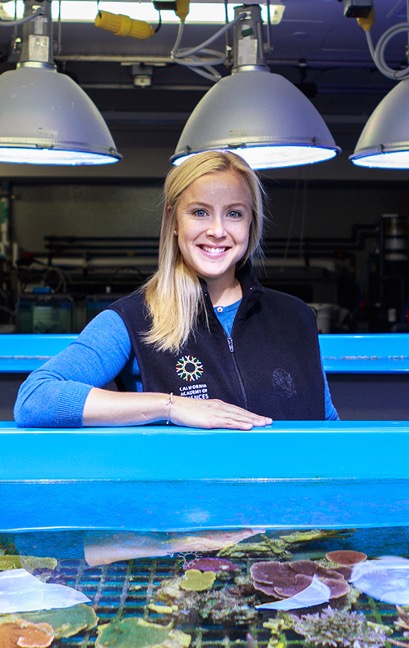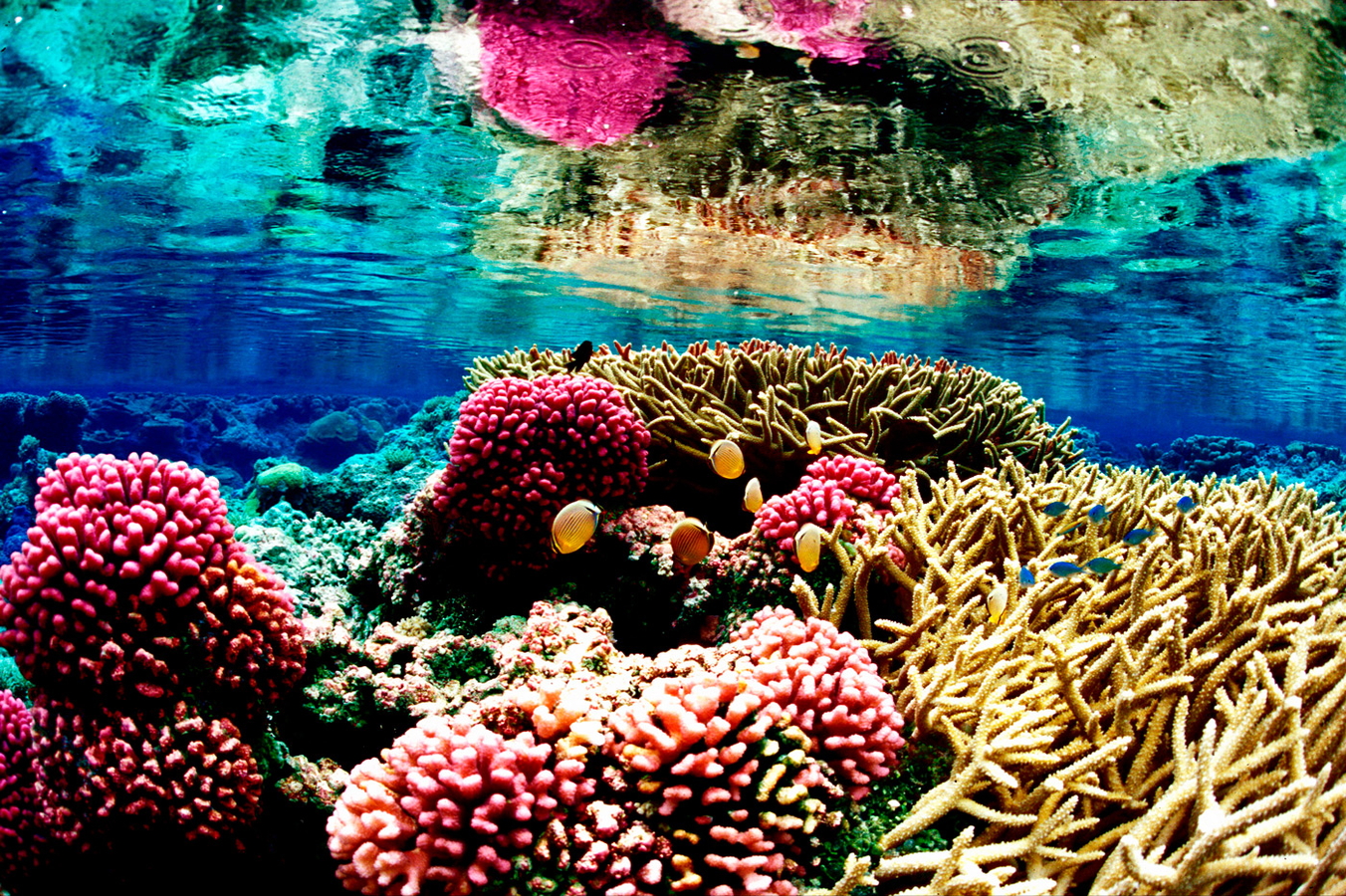On October 1, Dr. Albright will give an overview of the challenges that reefs are currently facing and the solutions being explored. She will highlight strengths and limitations of current approaches and discuss next steps towards saving these valuable ecosystems.
 While they cover less than 1% of the ocean floor, coral reefs support approximately one-quarter of marine biodiversity and the livelihoods of tens of millions of people worldwide. The ecosystem services that coral reefs provide (i.e., fisheries, coastal protection, habitat, cultural services, tourism) are valued at nearly $400 billion per year. Already under severe pressure from a number of stressors, including overfishing and pollution, coral reefs are among the most vulnerable ecosystems to climate change and ocean acidification. We have lost an estimated 50% of the world's coral reefs over the last several decades and are projected to lose more than 90% by 2050. There is no question that today's reefs are facing unprecedented struggle. However, challenge often breeds innovation, and there are novel and exciting ideas that are emerging to address the coral reef crisis.
While they cover less than 1% of the ocean floor, coral reefs support approximately one-quarter of marine biodiversity and the livelihoods of tens of millions of people worldwide. The ecosystem services that coral reefs provide (i.e., fisheries, coastal protection, habitat, cultural services, tourism) are valued at nearly $400 billion per year. Already under severe pressure from a number of stressors, including overfishing and pollution, coral reefs are among the most vulnerable ecosystems to climate change and ocean acidification. We have lost an estimated 50% of the world's coral reefs over the last several decades and are projected to lose more than 90% by 2050. There is no question that today's reefs are facing unprecedented struggle. However, challenge often breeds innovation, and there are novel and exciting ideas that are emerging to address the coral reef crisis.
Dr. Rebecca Albright is Assistant Curator of Invertebrate Zoology and Patterson Scholar at the California Academy of Sciences. She is a coral reef biologist with expertise in coral reef biology, ecology, and biogeochemistry. Her research focuses on the ability of coral reefs to cope with changing environmental conditions such as ocean acidification and warming. Since joining the Academy in 2016, Dr. Albright has increasingly focused her efforts on solutions to the coral reef crisis, including the Academy's commitment to scaling coral reef restoration. She has worked in government, academic, and non-profit settings, and has studied coral reefs around the world, ranging from the Florida Keys to the Great Barrier Reef. In addition to her commitment to research, Rebecca’s passion for community engagement has been fostered by years working with non-profits and citizen science organizations that focus on educating communities about coral reef conservation and management.
